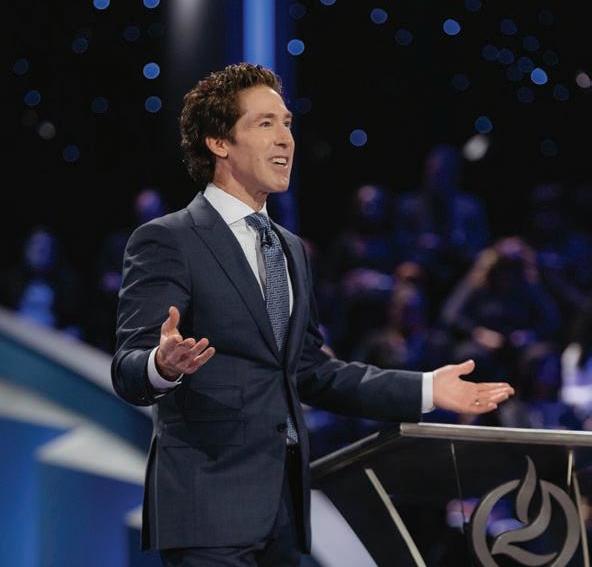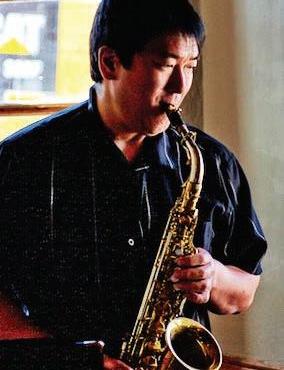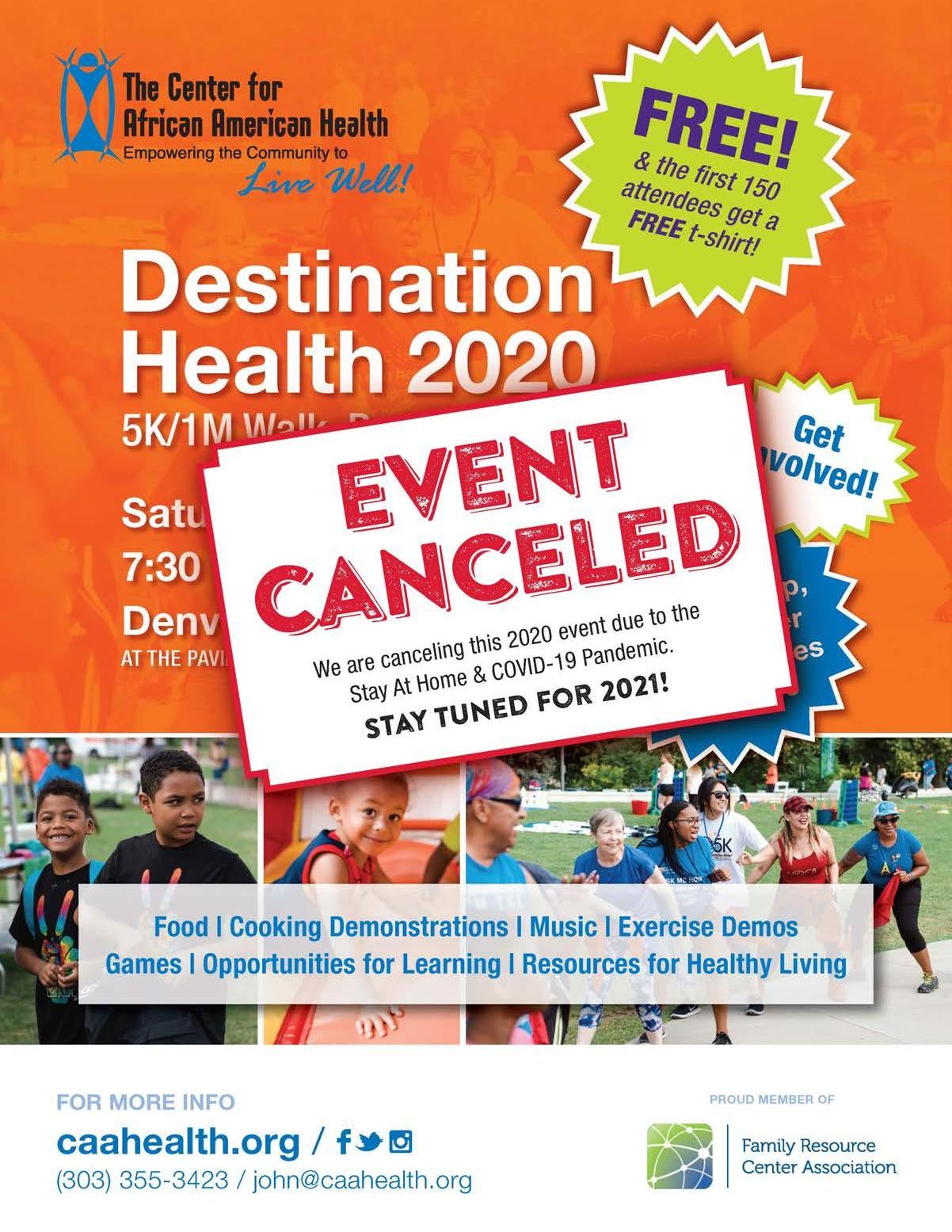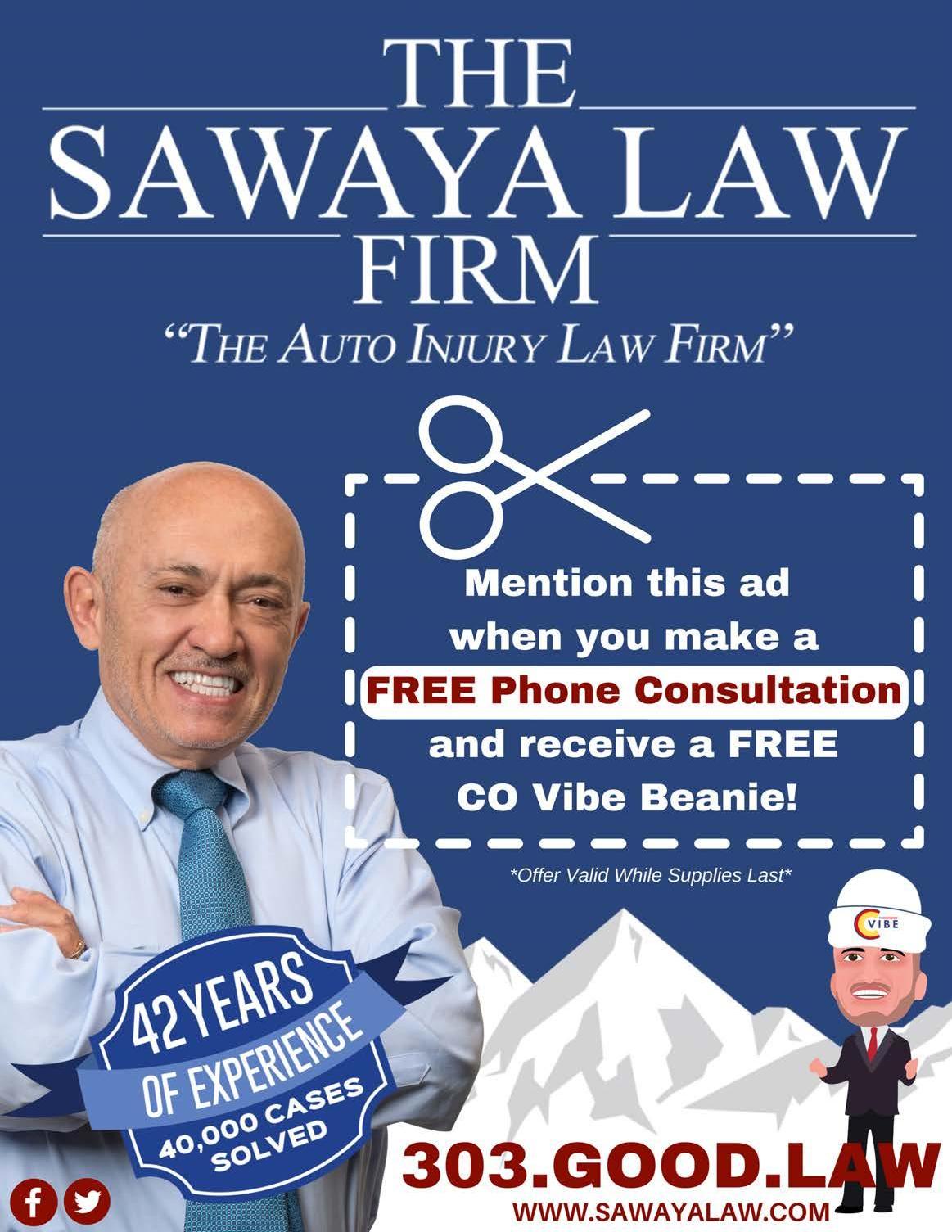
10 minute read
Faith
Joel Osteen: On Coronavirus and Keeping the Faith
In these uncertain times, we can all do our part to raise the vibration of this planet and initiate collective healing on a mass scale, and that goes beyond our first responders in the medical and safety fields to who we owe a debt of gratitude that can never be repaid. Something as simple as a smile, a wave or asking someone how their day is going has healing ripple effects that are much needed. We all matter, and we must all do our part.
One man, Pastor Joel Osteen, of Lakewood Church in Houston Texas, has been doing his part, and then some since taking over his late father, John Osteen’s, Lakewood congregation in 1999 as head pastor. Osteen’s eternal optimism, interpretation of bible scripture and his practice of radical acceptance has skyrocketed his church and his message into the stratosphere. Osteen’s parishioners who attend his church and follow him on television, through his podcasts, many New York Times bestselling books, tours and radio broadcasts have responded in massive numbers to Osteen’s message of “come as you are.” During our conversation, we discuss his deep-rooted belief that human beings do not have to be perfect to embrace Christianity, or any faith for that matter. You simply must have the desire in your heart to be better today than you were yesterday; an all-inclusive qualification, that Osteen insists, allows us all to measure up in the eyes of God.
It’s not a surprise that millions around the globe draw inspiration and spiritual education from Joel Osteen, both, civilians and public figures, alike. The contagion of the COVID-19 pandemic we currently face is daunting, but the contagion of hope and faith is a powerful force that can indeed help to heal our planet, boost our immune systems and encourage us to reflect on how we can be better; how we can each be a miracle to the world around us.
Allison Kugel: How has your ministry changed in the wake of this COVID-19 pandemic in terms of how you’re interacting with your congregation, and with the world at large? Are you approaching your messages differently?
Joel Osteen: You know, I wouldn’t say that I am. I guess I am approaching it differently in one sense. I’m speaking more to the subject at hand, and talking about choosing faith and not fear, and things like that. Other than that, it’s just a shift away from the people being here [in Houston’s Compaq Center] and being able to pray with people in person. Fortunately, we had our online platform, and this network of television stations already lined up. Other than not seeing everyone in person, it hasn’t changed that much.
Allison Kugel: Apart from 9/11, which was of course devastating, the last several decades we’ve just kind of had good times. We didn’t live through things like the Spanish Flu, The Great Depression, World War I or World War II, like previous generations did. Now we are faced with the enormity of this pandemic. Do you think the word “faith” has taken on new meaning now?
Joel Osteen: I think it has. I think our faith is tested and tried in the difficult times, and you make a good point in that we haven’t lived like previous generations did. We haven’t had to endure that. This is such a time of uncertainty, but I do believe this is when we turn to Denver Urban Spectrum — www.denverurbanspectrum.com – May 2020
28
our faith. This is when you can feel that peace and that hope to get through it. That is what I feel faith is all about. It’s not just for the good times. Even though we hadn’t previously experienced those kinds of things in our generation, we all experience difficulties in relationships, finances, the loss of loved ones and with health issues. I think our faith can be seen there.
Allison Kugel: What’s your take on destiny versus free will as it applies to us humans?
Joel Osteen: I do think that God’s planned out things for each one of us. Like you said, he gives us a free will. We can make choices that can keep us from becoming who we were created to be, but I believe that when you’re honoring God, when you’re being your best, I believe that God will get you to where you’re supposed to be. So, a sickness, or a virus, or another person can’t stop your destiny. I believe that. I know that sometimes it’s hard to reconcile that God gives us free will, and he knew all that we were going to do wrong, but I think he gives us the free will, and I believe when you’re doing your best, God will get you to where you’re supposed to be.
Allison Kugel: People often comment about the enormity of your church. My feeling is that it took courage for you to preach a message that it doesn’t matter what you did yesterday, you’re welcome here today. It doesn’t matter what mistakes you’ve made, if you want to do better and be better, you can. It certainly goes against traditional concepts of sin and guilt.
Joel Osteen: I do believe By Allison Kugel Photos courtesy of Lakewood Church
everything you said, Allison. It probably does go against the old school, or the generations that had hellfire and brimstone, where you go to church to feel guilty. People are already feeling guilty enough. I do believe that is what the scripture teaches, that, you know what, you move forward, and your past doesn’t have to stop you. You go through the scripture and you see it again and again, with different examples. When Jesus was here, he lifted the fallen, he restored those who were broken, and so I do believe that. Of course, I believe in sin and repentance from sin, but we’ve all made mistakes. Life beats us up, and I feel like my message is to tell people to get back up and go again, because God gives us another chance and He can still get you to where you’re supposed to be.
Allison Kugel: Do you think you would be where you are now if your wife Victoria wasn’t in your life?
Joel Osteen: No. I tell people all the time I wouldn’t be half of who I am. Before my dad passed and I stepped up to pastor, she used to tell me I was going to pastor the church. That was like telling me I was going to go be an astronaut. I said, “Victoria, I would never be a pastor. I don’t know what to say.” She saw this in me before I saw it myself, so I think having her believe in me early on, way before my dad died, that really helped me to step up.
Allison Kugel: I ask everyone this question, and I think it’s really fitting considering who you are. What do you think you came into this life as Joel Osteen to learn? And what do you think you came here to teach?
Joel Osteen: Hmm, what did I come here to learn? Maybe I came here to learn about the goodness of God; how good God is. I feel like that is what I’ve seen in my life, and that’s why it’s easy for me to tell people that God is for you and that he can restore you, and he’s got a great plan. I’ve just seen that my whole life. I had a great mom and dad. My mom’s still alive, but a lot of people get the image of God from their earthly father. My dad was just for everybody, and for me. I feel that maybe I came here to see the goodness of God. I think I came here to teach people about the goodness of God, and to make God good again. We touched on the fact that a lot of people were raised to believe that God is mad at them, and they were taught guilt and that you can’t measure up. But I just have a different view of God, so maybe it’s to spread a different message.
Allison Kugel: What is Lakewood Church doing in terms of donations of medical supplies, food, or whatever kind of support you’re working on for your local hospitals and other service providers in the Houston area?
Joel Osteen: We’re doing something called Boxes of Hope. These are for the elderly, and for people that have special needs children. These are boxes filled with groceries, water, soaps, and things that they need if they can’t get to the

grocery store. My brother Paul is a medical doctor and he’s working with some of his contacts, and we’re donating masks and medical supplies down to the large medical center we have here in Houston. Another thing we are doing is taking food trucks down to the medical center for the first responders, nurses and doctors, so they can step outside and have some free food. We also did a blood drive last week at the Gulf Coast Blood Center. We’re always their biggest blood drive in North America. We’ll have another couple of thousand people that will come through and give blood. People here at Lakewood [Church], they love to help, they love to give, and they love to share.
Allison Kugel: In times like this I know that you preach positivity, which is so important, but in these times do you think it’s okay for people to have moments of anxiety, depression, or even moments where they feel a lack of faith?

Joel Osteen: Yes, I definitely do, Allison, because we are human. Even Jesus in scriptures, one time he was so depressed he sweat great drops of blood. I think that’s normal, and I don’t think we need to beat ourselves up for that. But I would encourage people to not stay there. Don’t live there. Don’t live out of the anxiety and fear and lack of faith. But I wouldn’t beat myself up for that, or for even people saying I’ve doubted, and I’ve gotten away from God. Well, come back. You don’t have to stay there.
Allison Kugel: Thank you for a great interview, and for inspiring me on a daily basis for so many years.
Joel Osteen: Awe, thank you so much. I’m very honored.. Editor’s note: Allison Kugel is a syndicated entertainment columnist, author of memoir, Journaling Fame: A memoir of a life unhinged and on the record, and owner of Full Scale Media. Follow her on Instagram @theallisonkugel and at AllisonKugel.com.
Jazz by Yaz
Straight-ahead jazz on alto and tenor sax for events and recordings.

www.riverstonejazz.com yasuo@riverstonejazz.com
15037 E. Colfax Chambers Plaza • Aurora, CO
720-620-3236
rdesigns80210@yahoo.com


Continued from page 3 we? Not adequately. Did our CDC plan carefully enough? Probably not. Have adequate resources been dedicated before and presently to prepare us for this sort of catastrophe? Evidently not. Do we have a health care system ready to handle all this mess? Certainly not! Do we have a health care system in this country that addresses issues of health, not sickness? Certainly not! Are many folks financially incapable of accessing our healthcare system? Certainly not! Do we need universal healthcare so that everyone, Black, white, Latino, Asian, or other, can get access to healthcare? Yes, it is long overdue!
It should be a matter of the highest concern for African Americans and all those who identify with their causes to immediately start demanding an inquiry in the bases for the disparity of illness generally, and the deaths from COVID-19 specifically. It cannot and should not be swept under the rug as so many other issues of inequality of African Americans have been. It needs to be demanded of our representatives, our health care system, our school districts, our social welfare departments, and any other public groups that deal with health and welfare issues, that all the issues of sickness and mortality of African Americans be thoroughly investigated and something done about it! The days of demonizing “welfare queens” should be declared over. The days of looking deeply into the root causes of racial disparity needs to start now! Mike Sawaya
Denver, CO LETTERS TO THE EDITOR
Tune in to Denver 89.3FM, Breckenridge 89.7FM, Vail 88.5FM or download our app today and listen anytime, anywhere. kuvo.org














